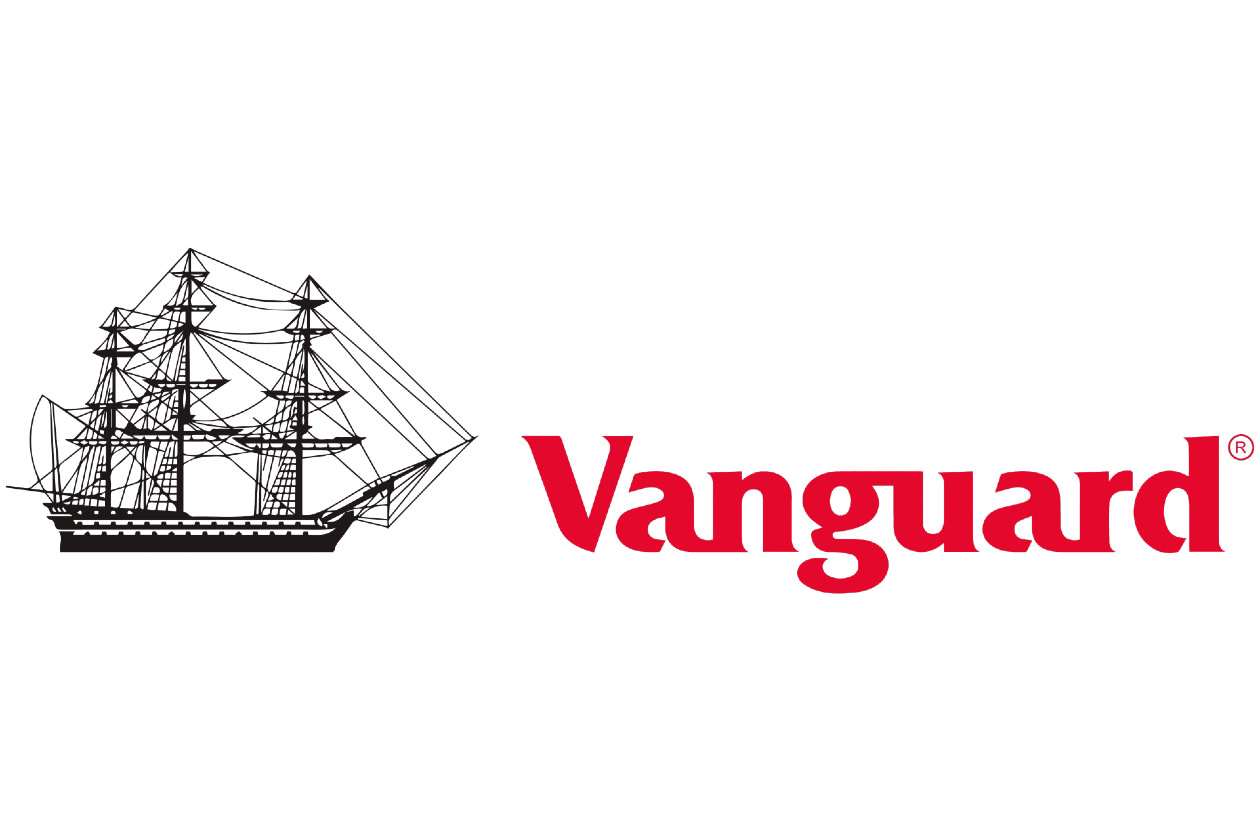Vanguard is a pioneer in index investing and launched its first ETF in 2001
This ETF offers exposure to a broad range of countries and sectors across emerging markets
It’s tracked the FTSE Emerging Index closely since launch
How it fits in a portfolio
An ETF is a basket of investments that often includes company shares or bonds. They tend to track the performance of an index such as the FTSE Emerging Index and trade on stock exchanges, like shares. This means their price fluctuates throughout the day.
The Vanguard FTSE Emerging Markets ETF invests in large and medium-sized companies in emerging markets. These markets are higher risk as they're at an earlier stage of development, so this ETF should only be considered for a portfolio with a longer investment outlook that can accept periods of high volatility.
An ETF is one of the simplest ways to invest and can be a low-cost starting point for an investment portfolio aiming to deliver long-term growth. ETFs that track emerging markets could be used to diversify a long-term global investment portfolio, including those focused on other regions such as the UK, US or Europe.
Manager
Vanguard is a pioneer when it comes to passive investing, having created the first retail index fund over 45 years ago. It now runs some of the largest index funds and ETFs in the world. Given its size, it has a big investment team with the expertise and resources to help its ETFs track indices and markets as closely as possible, while having scale to keep costs down.
Vanguard ETFs are run by a large, global team. They’re spread across three investment hubs around the world – the US, UK and Australia. This team-based approach means there’s no named manager on the ETF. As a collective team, Vanguard has run this ETF for 13 years.
Vanguard also has a trading analytics team, which is responsible for ensuring the ETFs buy and sell investments efficiently and at a competitive cost. This involves analysing data from different brokers and banks. Lower costs should help the ETFs track their benchmarks as tightly as possible.
Process
This ETF aims to track the performance of emerging markets, as measured by the FTSE Emerging Index. It does this by investing in nearly all the underlying companies in the index and, at the time of writing, was made up of 2,235 companies versus 2,250 in the index. This is known as partial replication and can help the ETF track the index closely without the need to buy all the smaller companies in the index which can be more difficult and costly to trade.
The ETF has a large amount invested in China, India and Taiwan which made up 32.4%, 21.8% and 19.2% of the ETF respectively at the end of May 2025. Key sectors include technology, financials and consumer discretionary.
Reducing costs is a key part of keeping the tracking difference between the ETF and the benchmark to a minimum. In any ETF, factors like taxes, dealing commissions and spreads, and the cost of running the ETF all drag on performance. To help keep these costs down, the team aims to make large investments in companies instead of lots of small transactions.
Vanguard will also lend some of the investments in the ETF to other providers in exchange for a fee, which can be used to offset some of the costs. It will only lend securities to a limited number of high-quality approved dealers. Vanguard indemnifies the fund against any loss from this process, meaning there should be no negative impact on investors. However, stock lending adds risk.
As this ETF is listed offshore investors are not usually entitled to compensation from the UK Financial Services Compensation Scheme.
Culture
Vanguard is currently the second largest asset manager in the world and runs around $10trn of assets globally as of March 2025. The group aims to put the client at the forefront of everything it does, which drives its focus on quality, low-cost index products.
John Bogle founded Vanguard in 1975, and it’s owned by investors. This allows Vanguard to redirect its profits back to investors in the form of lower fees, instead of paying dividends to external shareholders. Bogle believed in creating products that simply track the performance of a market rather than taking a shot at picking individual companies which may beat them.
The team running this ETF works closely with other equity research and risk departments across the business. They have daily and weekly meetings to discuss ongoing strategy which could add good support and challenge on how to run the ETF effectively.
ESG Integration
Vanguard is predominantly a passive fund house. While it’s offered exclusions-based passive funds for many years, it’s lagged peers in offering passive funds that explicitly integrate Environmental, Social and Governance (ESG) criteria by tracking indices that tilt towards companies with positive ESG characteristics, and away from those that don’t.
Vanguard’s Investment Stewardship team carries out most of the firm’s voting and engagement activity. Its stewardship activity is grounded in the firm’s four principles of good governance: board composition and effectiveness, board oversight of strategy and risk, executive pay and shareholder rights.
The Investment Stewardship team produces frequent insights on their engagement activity at both a corporate and governmental level. Investors can also access fund-by-fund proxy voting records, although voting rationales are not provided. That said, voting and engagement case studies can be found in the firm’s annual Investment Stewardship report and quarterly Engagement and Voting reports.
Vanguard courted controversy in 2022 when it left the Net Zero Asset Managers’ Initiative, a group of asset managers that have committed to achieving net zero carbon emissions by 2050. It claimed its decision would improve clarity for investors and allow it to speak independently. We view this as a disappointing backward step. Furthermore, in 2024 it was reported that Vanguard failed to support a single shareholder proposal requiring more action from investee companies on environmental and social matters.
The Vanguard FTSE Emerging Markets ETF tracks an index that doesn’t specifically integrate ESG considerations into its process. The ETF can therefore invest in shares issued by companies in any sector in line with the benchmark.
Cost
The ETF currently has an ongoing annual fund charge of 0.22%. The annual charge to hold ETFs in the HL ISA or SIPP is 0.45% and in the HL LISA is 0.25% (capped at £45 in the ISAs and £200 in the SIPP). There are no charges from HL to hold ETFs within the HL Fund and Share Account or HL Junior ISA.
As ETFs trade like shares, both a buy and sell instruction will be subject to the HL share dealing charges.
Learn more about the difference between ETFs and index tracker funds
Performance
Since launch in May 2012, this ETF has tracked the FTSE Emerging Index well, returning 116.13%* versus 134.16% for the index. As is typical of ETFs, it’s fallen behind the benchmark over the long term because of the costs involved. However, the tools used by the managers have helped to keep performance close to the index. Remember, past performance isn’t a guide to future returns
Over the past 12 months, the ETF has done a good job of tracking the index, rising 7.24% compared to 7.70% for the benchmark. In terms of sectors, financials contributed the most to the ETF’s performance, whereas the energy sector was the main detractor.
China’s stock market was one of the best performing emerging markets over the year and contributed significantly to the ETF’s overall returns. China has struggled in recent years because its economy hasn’t recovered as well as many had expected since its COVID-19 lockdown. But the Chinese stock market has performed well since the government announced stimulus measures aimed at boosting its economy.
On the other hand, India detracted the most from the ETF’s performance. India had been one of the stronger emerging markets in 2024, but foreign investors have withdrawn from the Indian market this year due to fears that companies have become too expensive.
A significant event during the year was the announcement of US President Donald Trump’s tariff policy. Countries in emerging markets were initially hit with some of the highest tariff rates. Despite the temporary pause on tariffs there’s still a large degree of uncertainty on trade and the impact this could have on the future prospects of emerging nations.
Given Vanguard’s size, experience and expertise running ETFs, this ETF should continue to track the index closely in future, though there are no guarantees.
Annual percentage growth
Jun 20 – Jun 21 | Jun 21 – Jun 22 | Jun 22 – Jun 23 | Jun 23 – Jun 24 | Jun 24 – Jun 25 | |
|---|---|---|---|---|---|
Vanguard FTSE Emerging Markets ETF | 23.37% | -10.91% | -4.10% | 13.05% | 7.24% |
FTSE Emerging Index | 24.49% | -10.42% | -3.19% | 14.53% | 7.70% |


